What is the State of Nature?
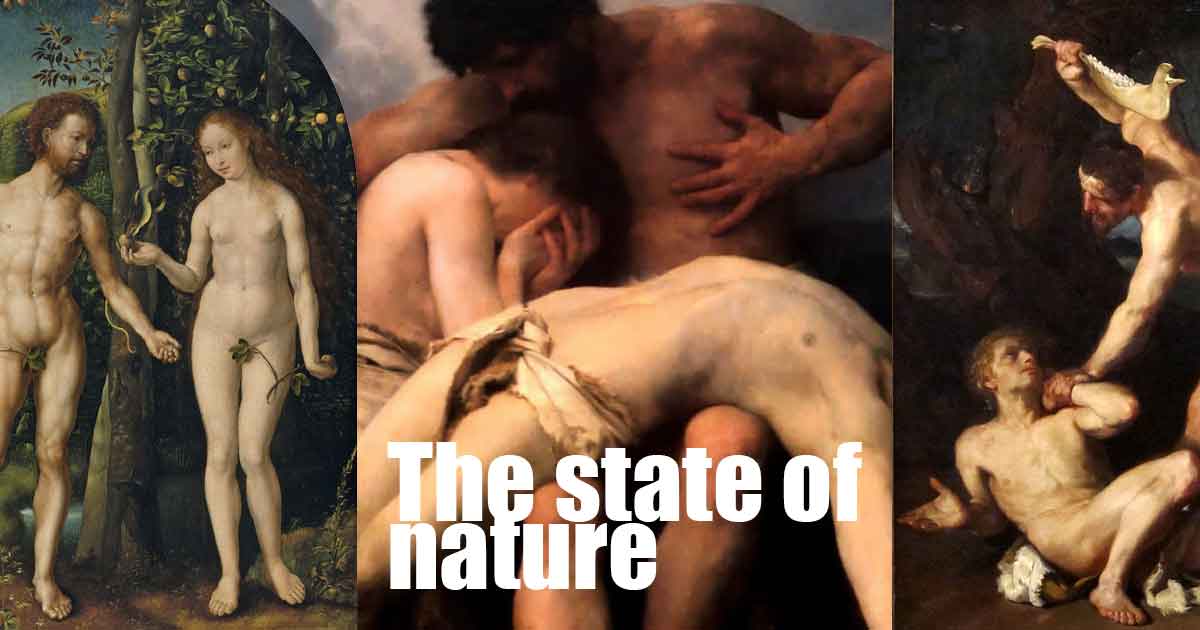
The state of nature is the state humans lived in before forming the first societies. By examining the state of nature we can better understand the implicit and explicit social contracts which govern societies.
History is the study of the past and how it relates to the human experience.

The state of nature is the state humans lived in before forming the first societies. By examining the state of nature we can better understand the implicit and explicit social contracts which govern societies.
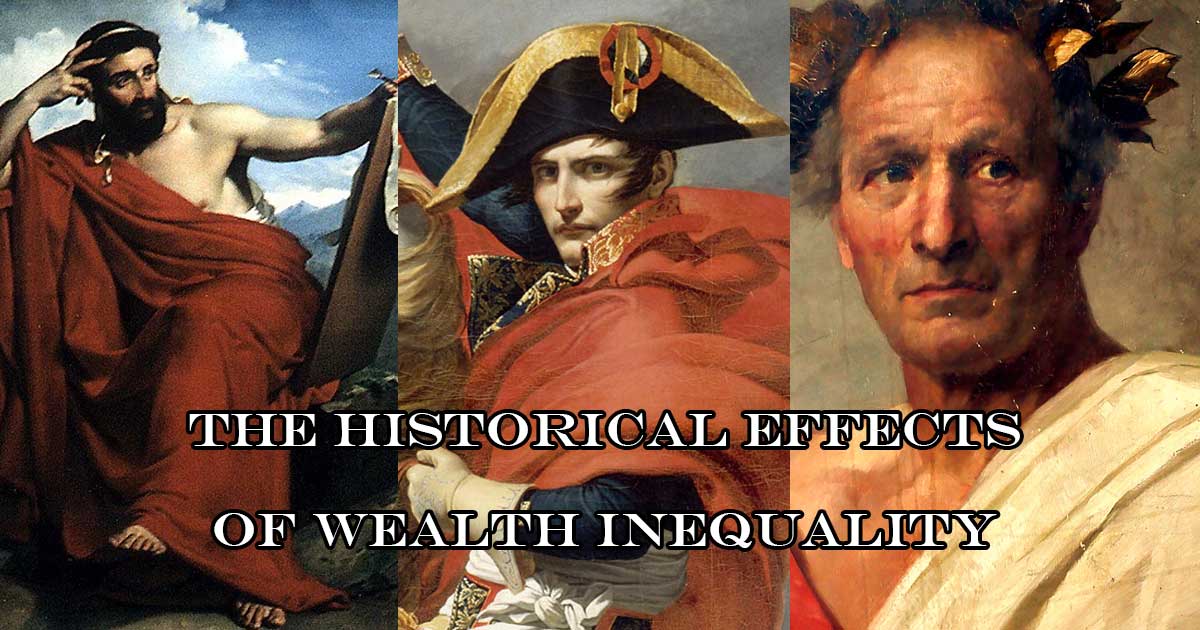
We examine the historical effects of social, political, and economic inequality on society to see how it has led to social unrest and events like revolutions and populist uprisings.
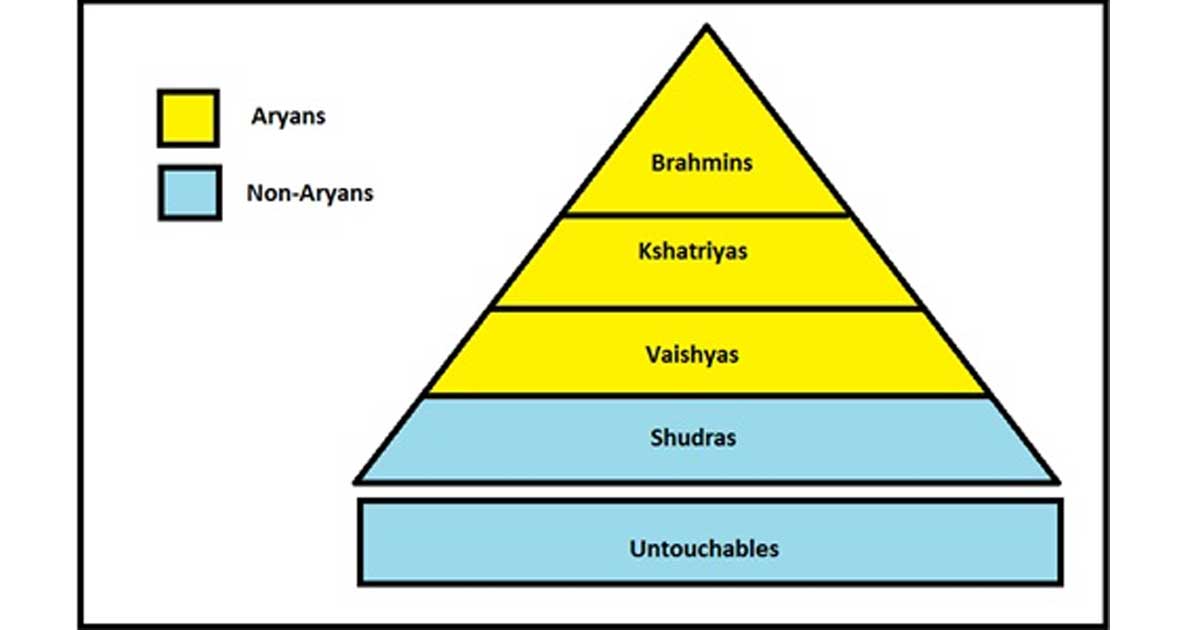
India’s caste system is a class system based on birth. These classes, or “Varnas”, are: Brahmins (priests), Kshatriyas (ruling and military), Vaishyas (merchants and farmers), Shudras (peasants), Dalits (untouchables).
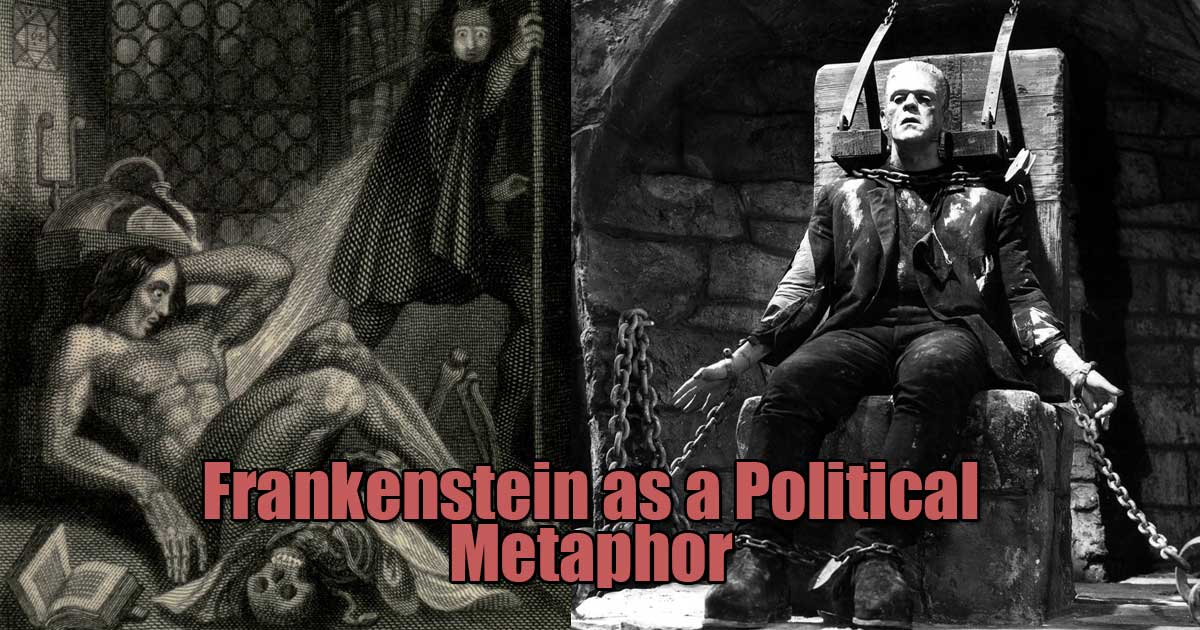
Mary Shelley’s Frankenstein (1818) can be read as a political metaphor where Dr. Frankenstein and his monster represent the philosophies and attitudes of the liberal revolutionaries, specifically those of the French Revolution and ensuing “Reign of Terror.”
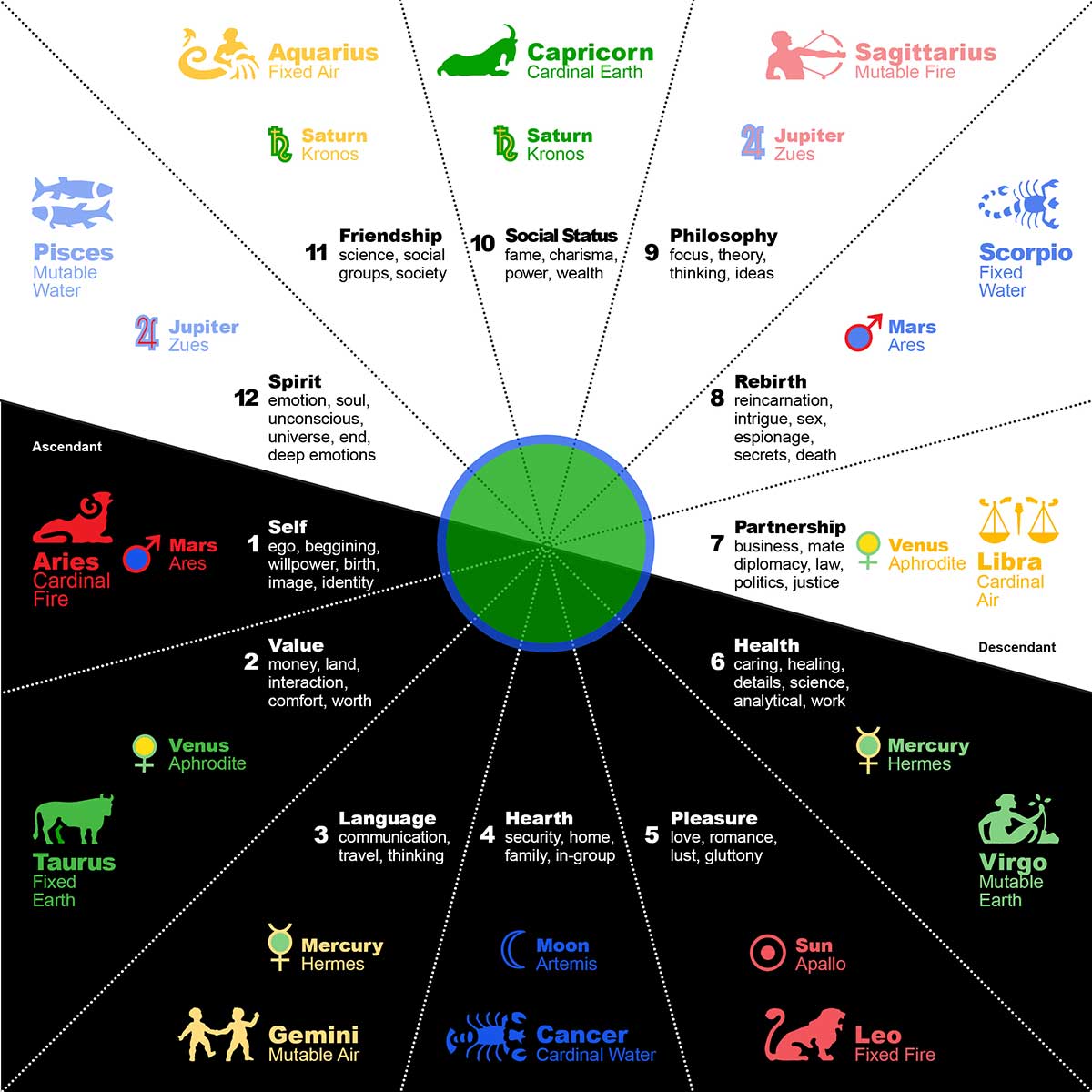
Western Classical Element Theory can be seen as a metaphor the human condition where fire is will and action, air is reason, water is the passions and spirit, and earth is the physical.

Jean-Jacques Rousseau’s concept of the General Will roughly means “that which is in the best interest of the people” or “the public good”, and not just popular consensus.

Studies have shown there is no single determinant of sex, gender, or sexuality. In terms of both sex (genetic) and gender (a social construct), a binary distinction of “male or female” fails to describe a wide range of humans in practice. Meanwhile, sexuality (a preference) eludes any simple categorization as well. Simply put, despite some binary aspects (for example a person either has a Y gene or they don’t), Gender, Sex, and Sexuality are all non-binary and each is instead a complex spectrum… and we can prove it with science and logic.

Mark Twain is a pen name, his real name was Samuel Langhorne Clemens. “Mark” “Twain” is a riverboat term for measuring two fathoms (12 feet): mark (measure) twain (two).
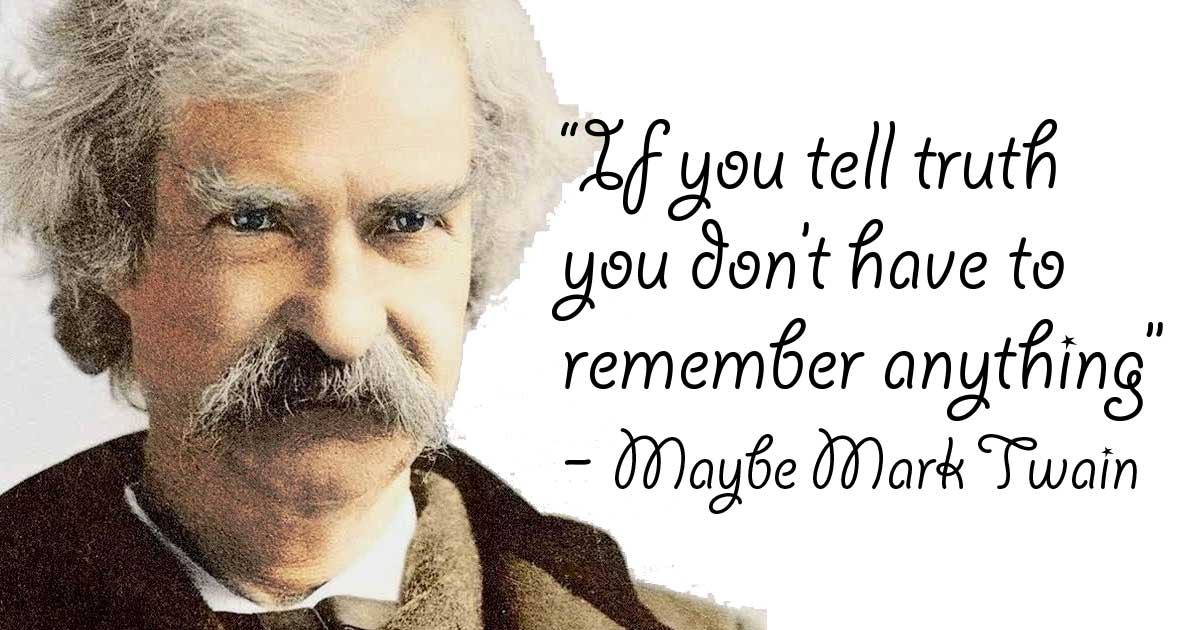
Mark Twain is said to have said, “If you tell the truth you don’t have to remember anything”, meaning if you tell a lie you have to remember what lie you told to who.
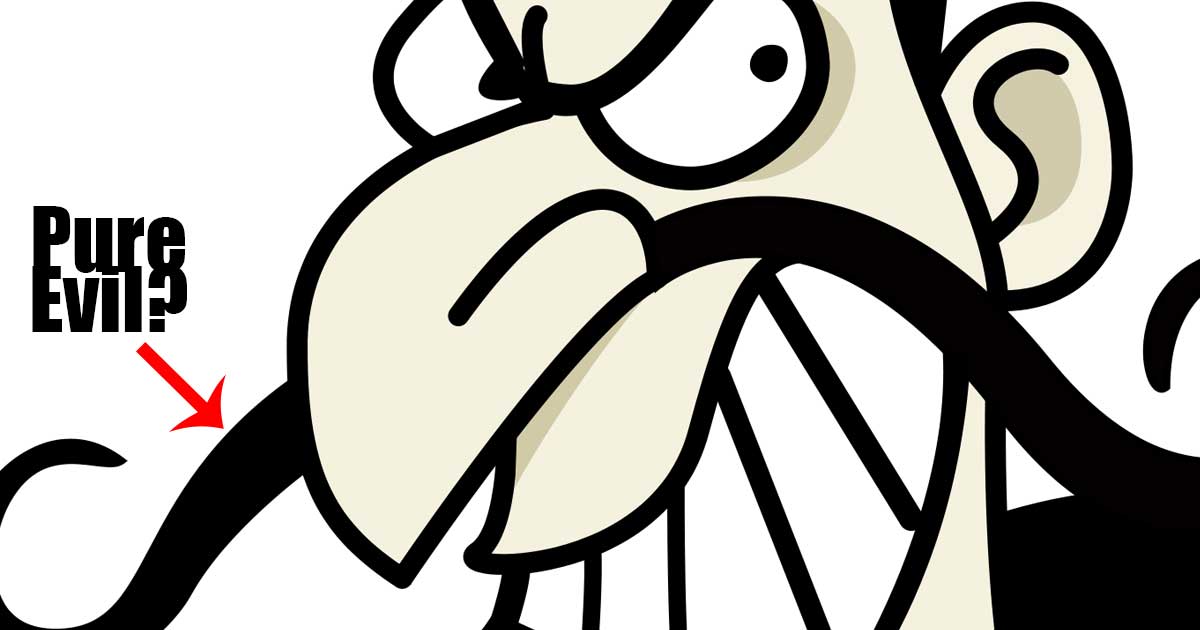
Villains tend to have mustaches, not because facial hair is evil, but because despots style themselves after other despots.